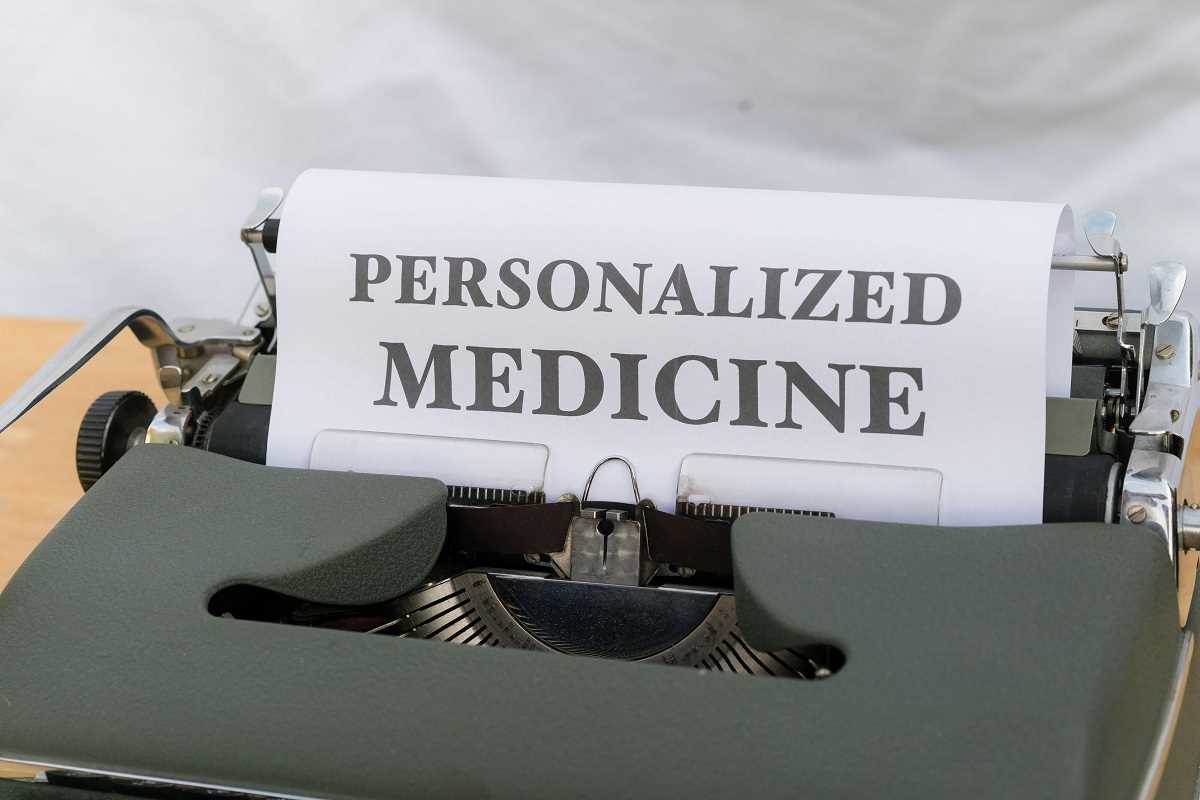Imagine going to the doctor and getting a medication made just for you—one that works perfectly with your body and minimizes side effects. This is not science fiction. It’s what pharmacogenetics is making possible. Pharmacogenetics is a part of medicine that studies how your genes affect the way your body responds to drugs. By tailoring treatments to your unique genetic makeup, this approach can change how doctors prescribe medication, making healthcare more personal.
Let’s take a closer look at how pharmacogenetics works, why it’s important, how it’s being used today, and what the future might hold for this exciting medical field.
How Genes Affect Drug Responses
Every person has a unique genetic code—kind of like a personal instruction manual for their body. This code tells your body how to build proteins, including enzymes that process medications. Because no two people have the exact same genetic code, the way your body breaks down or uses medication can be different from someone else’s.
Drug Metabolism and Genetic Differences
When you take medicine, your body processes it in steps. For example:
- Absorption: The drug enters your bloodstream.
- Metabolism: Your liver processes the drug, breaking it down into forms your body can use or get rid of.
- Excretion: Your body removes the leftover drug through waste.
Certain genes control the enzymes that carry out these steps, and tiny changes in these genes can make a big difference:
- If your body metabolizes a drug too slowly, the drug may stay in your system too long and cause side effects.
- If your body metabolizes it too quickly, the medicine might not work because there isn’t enough time for it to do its job.
For example, the CYP2C19 gene plays a role in how your body processes a blood-thinning drug called clopidogrel (Plavix). Some people have a variation in this gene that slows down the breakdown of the drug. This makes the medication less effective at preventing blood clots, which can be dangerous.
Variations in Drug Response
Genes don’t only affect how quickly you process drugs; they also influence how your body responds to them. For instance, some people may have a severe allergic reaction to a specific medication because of their genes, while others take the same drug without any problems.
By studying a patient’s genetic makeup, doctors can avoid prescribing drugs that might cause harmful reactions and instead choose one that is safer and more effective.
Benefits of Pharmacogenetics
Pharmacogenetics brings many advantages to the table, helping to improve the way we treat illnesses and care for patients.
Better Effectiveness:
One of the biggest benefits of pharmacogenetics is making medication more effective. With the usual trial-and-error approach, patients often try several medications before finding one that works. Genetic testing can reduce this guessing game by identifying the drug most likely to help.
For example, in cancer treatment, certain drugs, like trastuzumab (Herceptin), work best for patients who have a specific gene marker (HER2-positive). Testing for this marker ensures that only patients who can benefit receive the drug.
Fewer Side Effects:
Adverse drug reactions are a serious issue. Some medications can cause dangerous or uncomfortable side effects if not metabolized correctly. Pharmacogenetic testing helps identify patients more prone to these reactions and lets doctors make adjustments.
One clear example of this is the prescription of the blood thinner warfarin. Warfarin dosage depends heavily on genetic variations in the CYP2C9 and VKORC1 genes. If a patient is genetically predisposed to metabolize warfarin too slowly, even a standard dose could cause excessive bleeding. Adjusting the dose based on their genes helps keep them safe.
Personalized Care:
Every patient is different, and pharmacogenetics allows doctors to customize treatments. For instance, patients with depression or anxiety often take weeks or months to find the right medication. Using genetic testing, doctors can narrow down the best options from the start, helping patients feel better faster.
Real-World Applications of Pharmacogenetics
Though pharmacogenetics is still growing, it’s already being used in several areas of medicine:
Cancer Treatments:
Pharmacogenetics has revolutionized cancer care. Many chemotherapy drugs work only for patients with specific genetic markers. By testing for these markers, doctors can match the right drug to the right patient.
For example, cancer patients taking irinotecan (a chemotherapy drug) are often tested for the UGT1A1 gene. Patients with a certain variation in this gene process the drug too slowly, leading to severe side effects. Knowing this beforehand helps doctors adjust the dose.
Heart Medications:
Heart conditions often require long-term drug therapy, and pharmacogenetics is making these treatments safer. One key example is the use of statins, medications that lower cholesterol. Patients with a variant of the SLCO1B1 gene are more likely to experience muscle pain and damage from statins. For these patients, doctors can prescribe a lower dose or a different medication entirely.
Psychiatry:
Mental health medications, such as antidepressants, work differently for everyone. Genetic testing can help identify which drugs will work best without causing severe side effects. Testing genes like CYP2D6 and CYP2C19 helps doctors prescribe the right medication and dosage for each patient.
Challenges and the Road Ahead
While pharmacogenetics holds enormous promise, there are challenges to overcome before it becomes a routine part of healthcare.
Cost and Accessibility:
Genetic testing is still expensive, and not all patients can afford it. Insurance coverage for these tests varies depending on the provider and country. Additionally, not every clinic or hospital has the resources or technology needed to perform genetic tests.
Limited Knowledge:
Pharmacogenetics is a relatively new field, and not all doctors are familiar with how to interpret genetic test results. More education for healthcare professionals will be essential to fully integrate pharmacogenetics into day-to-day medical care.
Ethical Concerns:
Using genetic information comes with privacy risks. Patients might worry about how their data will be used and whether it could affect things like employment or insurance. Protecting patient privacy and ensuring ethical use of genetic data will be key.
Expanding Research:
Much of the research in pharmacogenetics has focused on certain populations or drugs. To make it useful for everyone, scientists need to study diverse groups of people and a broader range of medications.
A Brighter Future:
Despite these challenges, the future of pharmacogenetics looks bright. Advances in technology are making genetic testing faster and more affordable. The field is expected to grow, especially as more people recognize its potential to improve healthcare.
One exciting possibility is combining pharmacogenetics with other personalized medicine tools, like wearable devices that monitor how your body reacts to treatments in real-time. Together, these innovations could make healthcare more precise and effective than ever before.
 (Image via
(Image via





